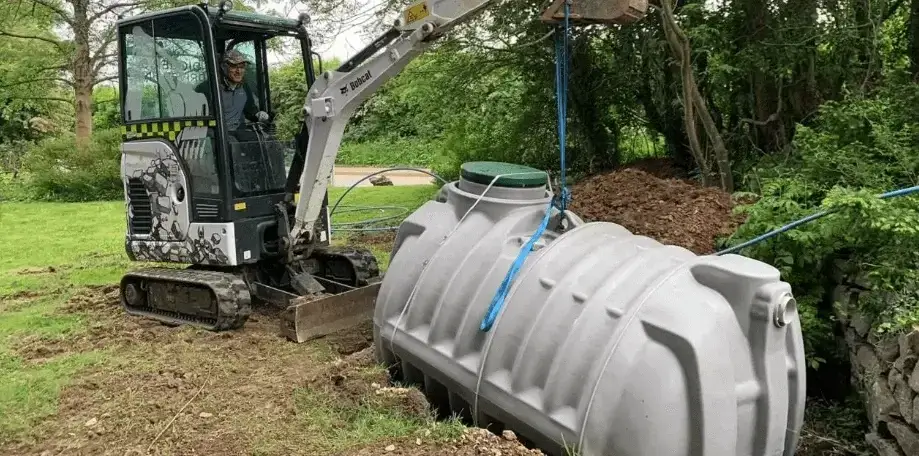Introduction
When it comes to household systems, septic tanks might not be the first thing that comes to mind, but understanding the potential hazards they pose is crucial. Septic systems, though essential for waste management in many homes, can be hazardous due to various factors. In this article, we’ll explore the risks associated with septic systems, from the unseen threat of sewer gases to the surprising danger of septic tank explosions.
Sewer Gases: Unseen Perils
Septic systems produce sewer gases, a combination of toxic and non-toxic fumes that can pose serious risks to human health. Methane, the largest single constituent of sewer gas, is not only odorless but also highly flammable. Imagine this: beneath your serene backyard, a potentially explosive mixture of gases may be brewing.
The Silent Menace: Methane
Methane is not just a greenhouse gas; it’s a key component of sewer gas, lurking in the depths of your septic system. This colorless and odorless gas can displace oxygen, leading to asphyxiation in confined spaces. Moreover, methane is highly flammable, turning what seems like a harmless backyard fixture into a potential fire hazard.
Toxic Companions: Hydrogen Sulfide and More
Apart from methane, sewer gases also include hydrogen sulfide, carbon dioxide, ammonia, nitrogen oxides, and sulfur dioxide. These toxic companions can have adverse effects on respiratory health, cause irritation, and in extreme cases, lead to long-term health issues. Exposure to these gases is not to be taken lightly, making it imperative to understand the risks involved.
Explosive Potential: Methane and Septic Tank Safety
Beyond the health risks, there’s a startling fact many homeowners are unaware of – septic tanks can explode. Yes, you read that right. Methane, being highly flammable, can turn a routine septic maintenance task into a dangerous endeavor.
Septic Systems Can Be Hazardous Because: Handling Septic Tanks with Caution
To prevent septic tank explosions, it’s crucial to exercise caution. Avoid introducing any potential sources of ignition near the septic tank area. Smoking, open flames, or even electrical equipment can trigger a catastrophe. Remember, an explosion might be a rare occurrence, but the consequences are severe.
Mitigating the Risk
Mitigating the risk of a septic tank explosion involves a combination of regular maintenance and conscious behavior. Ensure your septic system is inspected and pumped regularly to prevent gas buildup. Educate family members and visitors about the potential dangers, emphasizing the importance of safety around the septic tank.
Overflow and Backups: A Different Environmental Threat
Apart from the risks posed to human health, septic systems can also lead to environmental contamination. Septic tank overflow and backups can result in the release of untreated sewage into the surrounding soil and water, creating a hazardous situation for both the ecosystem and those living in proximity.
Protecting the Environment
Preventing septic tank overflow involves routine inspections and timely pumping. Be aware of the signs of a potential issue – slow drainage, unpleasant odors, or lush grass around the drain field – and address them promptly. By doing so, you not only protect your property but also contribute to environmental conservation.
Septic Systems Can Be Hazardous Because: FAQs
Septic Systems Can Be Hazardous Because: Conclusion
In conclusion, understanding the hazards of septic systems is the first step toward ensuring the safety of your household and the environment. From the silent menace of sewer gases to the unexpected danger of explosions, a proactive approach is key.
Remember, regular maintenance, cautious behavior around the septic tank, and prompt action in case of any issues are your best defenses against the potential hazards of septic systems. By staying informed and taking the necessary steps, you can turn your septic system from a potential danger into a reliable and safe waste management solution for your home. Stay safe, stay informed.

